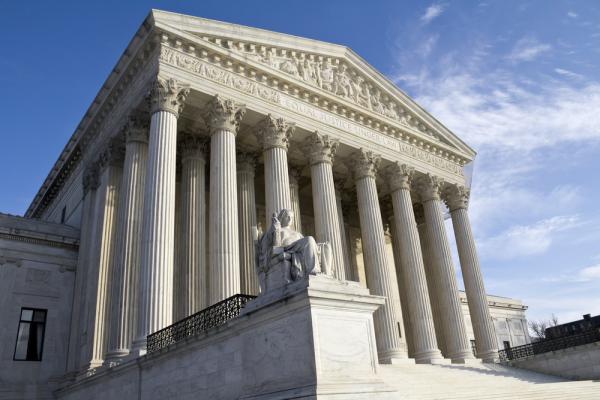May 16, 2016
The Supreme Court decided on May 16 to defer to lower courts any decision regarding the Affordable Care Act's birth control mandate.
Read the Full Article

Already a subscriber? Login

The Supreme Court decided on May 16 to defer to lower courts any decision regarding the Affordable Care Act's birth control mandate.
